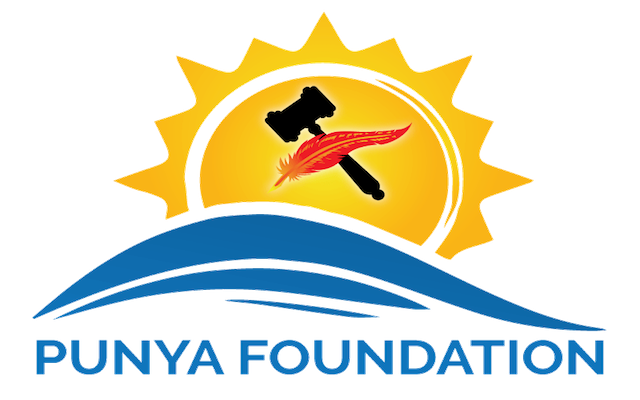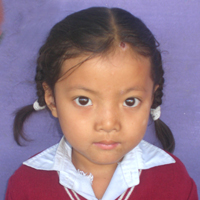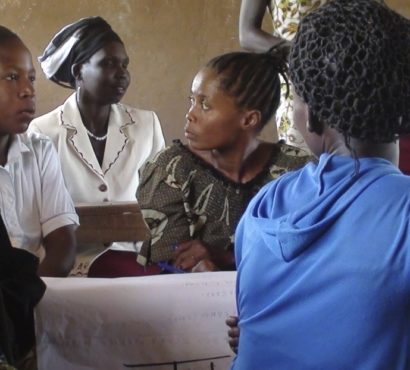
Nepalese students with their parents, Jhapa, Nepal
Giving continuity to its education program, in 2013, the Punya Foundation established a partnership with the Jana Kalyan Yuwa Samuha (JKYS)[1] as its implementing partner in Nepal. JKYS is implementing the Foundation’s scholarship program and one of its empowerment programs as well. Six students, ranging from kinder garden to class six, from Jhapa district have been selected for the Scholarship program for year 2013-2014.
The scholarship selection and implementation: Beginning 2013, the JKYS approached the Punya Foundation requesting for scholarships for a few poor students from its locality. After the situation analysis, the Foundation advised the JKYS to submit a project proposal focusing on the modality of the selection of the students and its implementation capacity. In consultation with the Foundation, in April 2013, the JKYS formed a scholarship selection and implementation committee comprising of:
- Indira Poudel
- Somnath Thapaliya
- Poshakraj Bhattarai
- Prakash Neupane
- Pushpa Kafley
- Puja Karki
The committee approached the village women focal point and the social service volunteers to assist in the selection of few vulnerable students. The committee informed the people in the village through the volunteers, local shops, women focal point and through the contacts of the JKYS regarding the scholarship program. The village elderly and volunteers proposed the names of 26 students, whose parents have been facing difficulties to support their children’s education. Based on the financial status of the parents, the village women focal point with the support of village elderly people, selected 11 students. The committee then interviewed the selected students and their parents. Also the students were made to sit a written test to make the best use of the scholarship funds. Finally, based on the available funds, 6 students were selected for the scholarship program year 2013-2014.
Monitoring and evaluation: The selection and implementation committee shall be responsible for the implementation of the scholarship project, while the JKYS shall monitor the project. An understanding has been developed between the JKYS and the school director that the school shall provide, two times a year, a short progress report of each student. The JKYS shall update the Foundation regarding the developments and challenges.
At the end of the year, the implementation and selection committee shall meet to evaluate the outcome of the scholarship project. The committee shall review the progress made by the students. For this, the committee shall make use of the progress report provided by the school authority and shall talk with the students. In addition, the committee shall review the financial status of the parents and analyze the need for renewal of the scholarship in case for case basis. The JKYS shall submit a report to the Foundation. The Foundation shall review the report, shall check the provided evidences and in case of need shall randomly select at least one of the students and contact his/her parents through telephone to check the proper utilization of the funds.

Scholarship finalisation
[1] Jana Kalyan Yuwa Samuha (JKYS) is a non-profit organization established in 1991. Operating in Jhapa district, eastern Nepal; its office is located at Birtamod. Since its inception, JKYS has been providing small-scale social services at local and community level. As of date, JKYS has been engaging in local activities through the contribution made by its board members. Among various disciplines where JKYS is engaged, both formal and informal education is what the organization is working for. The organization staunchly believes that the women education is a primary need for the betterment of a community.


